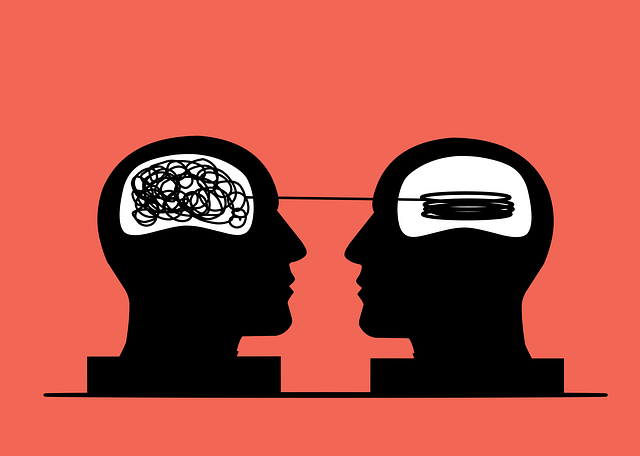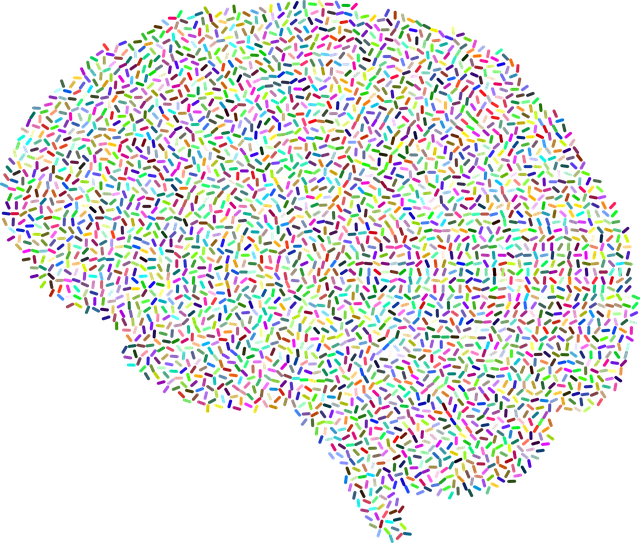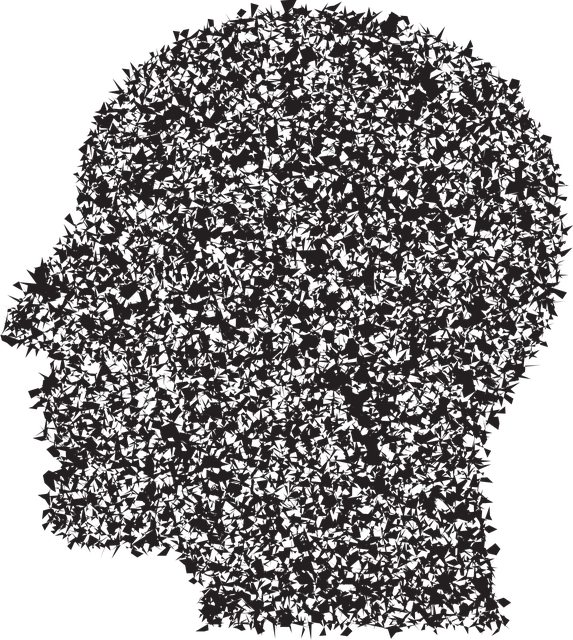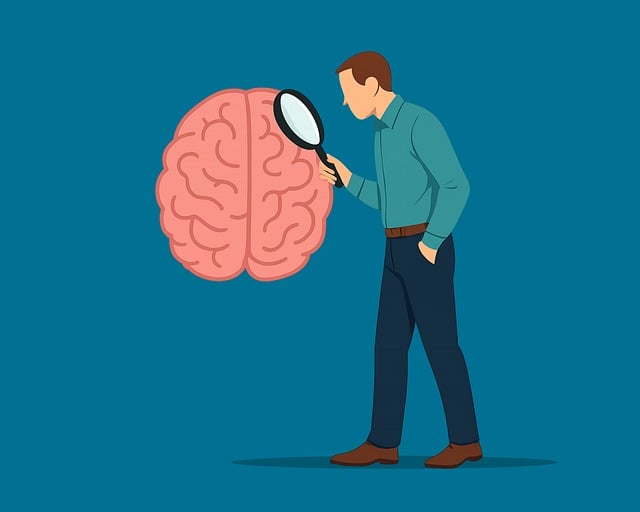Mental wellness coaching is a personalized approach that focuses on long-term happiness and fulfillment, unlike traditional disorder-specific therapy. Coaches guide clients through tailored sessions incorporating compassion cultivation, mindfulness, and self-care rituals to develop emotional intelligence and coping mechanisms. For effective pain management, integrating mindfulness meditation and social skills training is key, as these practices reduce chronic pain by fostering present-moment focus and a sense of belonging. Personalization, cultural sensitivity, and self-care exercises are vital for optimal results in mental wellness coaching, enhancing overall well-being and improving therapy for better pain management.
Mental wellness coaching programs have emerged as a powerful tool for individuals seeking support beyond traditional therapy. This article delves into the development of these innovative programs, focusing on understanding mental wellness coaching, its distinction from conventional therapy, and effective strategies for pain management. We explore integration and personalization techniques to tailor coaching for optimal individual results, offering a comprehensive guide to harnessing the potential of this modern approach in addressing pain and enhancing overall well-being.
- Understanding Mental Wellness Coaching: Defining and Differentiating from Traditional Therapy
- Designing Effective Programs for Pain Management: Strategies and Techniques
- Integration and Personalization: Tailoring Coaching to Individual Needs for Optimal Results
Understanding Mental Wellness Coaching: Defining and Differentiating from Traditional Therapy

Mental wellness coaching is a rapidly growing field that offers a unique approach to supporting individuals’ mental health and well-being. Unlike traditional therapy, which often focuses on diagnosing and treating specific mental health disorders, wellness coaching aims to empower individuals to cultivate inner strength and resilience. It’s not just about managing symptoms but also fostering a sense of overall happiness and fulfillment.
Through personalized sessions, coaches help clients identify their goals and develop strategies to enhance their mental wellness. This includes incorporating compassion cultivation practices, mindfulness techniques, and self-care rituals tailored to each individual’s needs. By differentiating itself from therapy for pain management, coaching emphasizes the development of coping mechanisms and emotional intelligence that can be applied to various aspects of life, promoting long-term mental wellness rather than just addressing immediate concerns.
Designing Effective Programs for Pain Management: Strategies and Techniques

Designing effective programs for pain management requires a multifaceted approach that combines various strategies and techniques. One key component is integrating mindfulness meditation practices, which have been shown to significantly reduce chronic pain levels. By teaching individuals how to focus on the present moment and cultivate non-judgmental awareness, these practices can help break the cycle of pain perpetuated by stress and anxiety.
Additionally, incorporating social skills training into the program can foster a sense of belonging and support, which is crucial for mental wellness. Encouraging group interactions and building a supportive community can empower individuals to manage their pain more effectively. Tailoring these programs to address specific needs ensures that participants receive personalized care, enhancing the overall effectiveness of therapy for pain management.
Integration and Personalization: Tailoring Coaching to Individual Needs for Optimal Results

In the realm of mental wellness coaching, integration and personalization are key to achieving optimal results. Coaches must be adept at tailoring their approach to meet the unique needs of each individual client. This involves not only understanding the specific challenges they face but also incorporating elements of cultural sensitivity in mental healthcare practice. By recognizing and respecting diverse backgrounds, coaches can create a safe and inclusive environment that fosters open communication. Additionally, self-care practices and self-awareness exercises play a crucial role in the coaching process. Encouraging clients to engage in activities that nurture their mental health allows them to better manage stress and pain, enhancing overall well-being and facilitating more effective therapy for pain management.
Mental wellness coaching programs are revolutionizing pain management by offering a personalized, non-traditional approach. By differentiating from therapy and focusing on holistic well-being, these programs provide effective strategies tailored to individual needs. Integrating various techniques allows coaches to guide clients through challenging situations, fostering resilience and improving overall mental health. This innovative method complements existing therapy for pain management, ensuring optimal results and enhanced quality of life.














